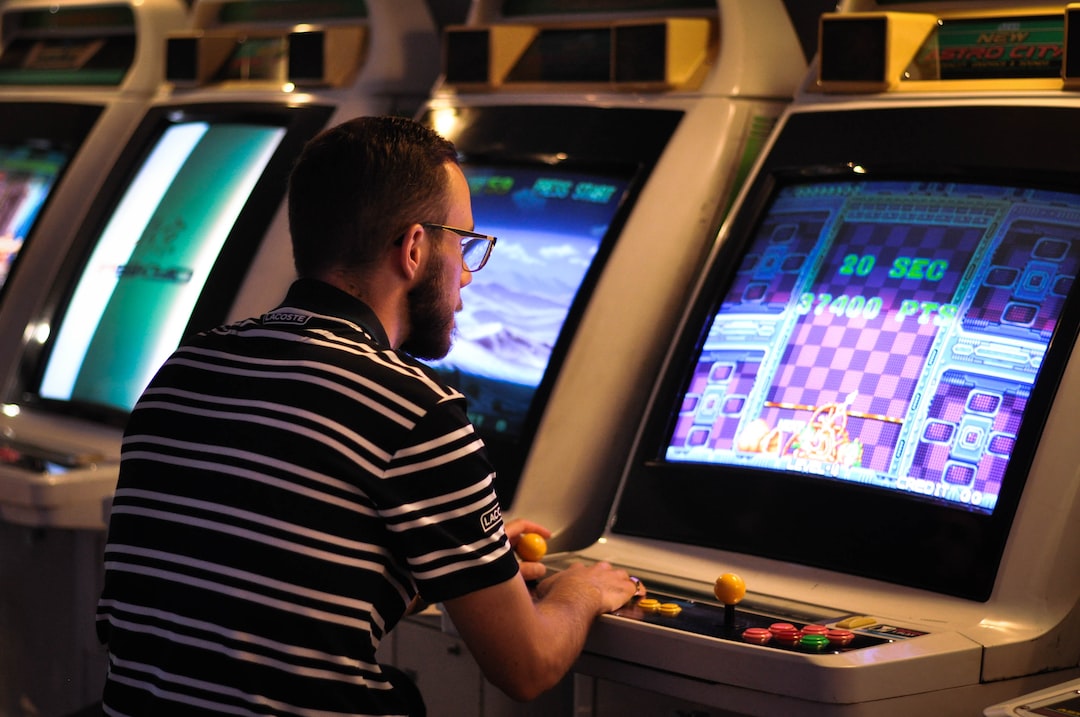
Gaming Addiction: Recognizing the Signs and Seeking Help
Share0Gaming Addiction: Recognizing the Signs and Seeking Help
In the digital age, technology has become an integral part of our lives. We rely on our devices for communication, entertainment, and even education. With the advent of gaming consoles and online gaming platforms, the gaming industry has skyrocketed. While gaming can be a fun and enjoyable hobby for many, it is important to recognize when it becomes an addiction.
Gaming addiction, also known as internet gaming disorder, is characterized by excessive and compulsive playing of video games, which can have significant negative effects on an individual’s personal, social, and academic life. It is crucial to recognize the signs of gaming addiction and seek help when needed.
One of the signs of gaming addiction is an increased preoccupation with gaming. If the thought of gaming dominates your mind throughout the day, to the point where it interferes with your daily routine, it may be a red flag. Additionally, neglecting other responsibilities such as school, work, or relationships in favor of gaming can also indicate an addiction.
Another sign to watch out for is withdrawal symptoms. Just like any other addiction, individuals may experience restlessness, irritability, and even depression when they are unable to play games. This can lead to a vicious cycle, where the person seeks solace in gaming to escape negative emotions caused by not engaging in gaming.
As with any addiction, it is important to seek help when necessary. Admitting that you have a problem is the first step towards recovery. Family and friends can play a crucial role in supporting individuals with gaming addiction, but in severe cases, professional help may be required. There are now specialized treatment centers and therapists who are experienced in dealing with gaming addiction.
Moreover, creating a healthy balance between gaming and other activities is essential. Setting limits on gaming time and engaging in other hobbies or physical activities can help divert attention from excessive gaming. Encouraging social interactions and finding alternative sources of entertainment can also aid in breaking the cycle of addiction.
It is equally important for parents to monitor their children’s gaming habits. Children and adolescents are particularly vulnerable to gaming addiction, as they may have difficulty self-regulating their gaming activities. Parents should establish rules and time limits for gaming, and encourage open communication to identify potential warning signs.
In conclusion, gaming addiction is a real issue that affects individuals of all ages. Recognizing the signs of gaming addiction and seeking help is crucial for maintaining a healthy and balanced lifestyle. It is important for individuals to be aware of their gaming habits and take proactive steps to prevent addiction from taking over their lives. Remember, moderation is key in enjoying the benefits of gaming without falling into the trap of addiction.
